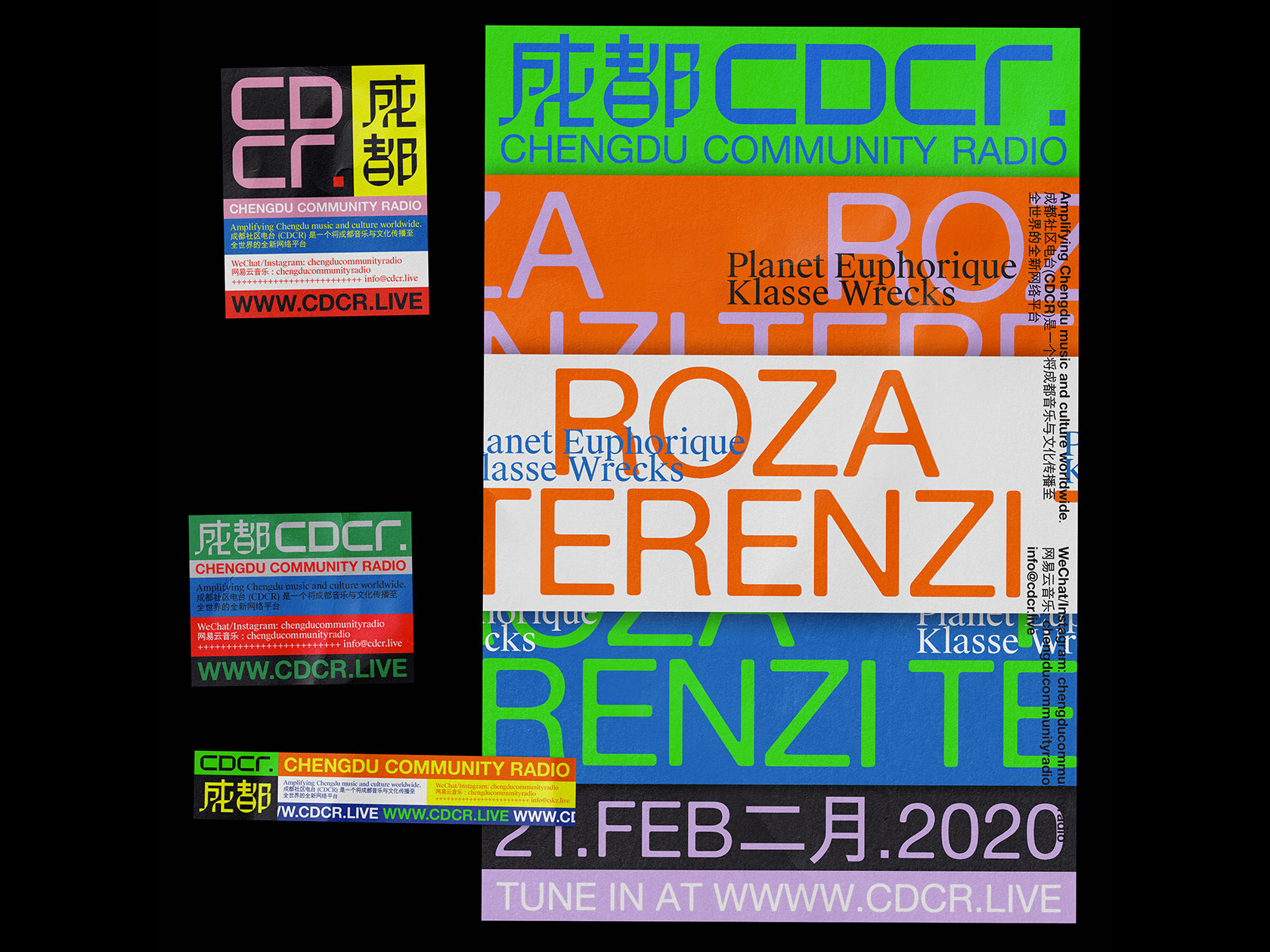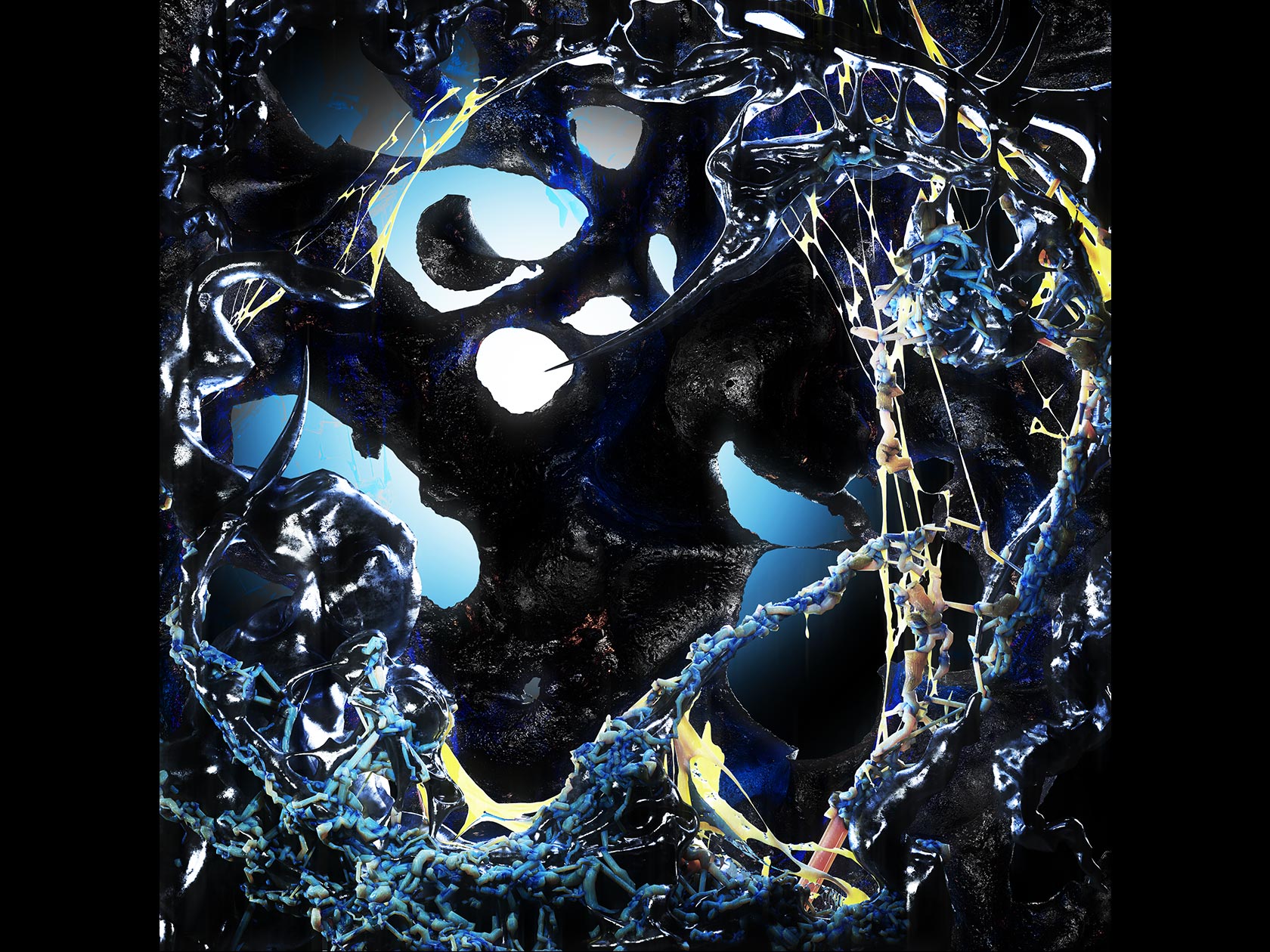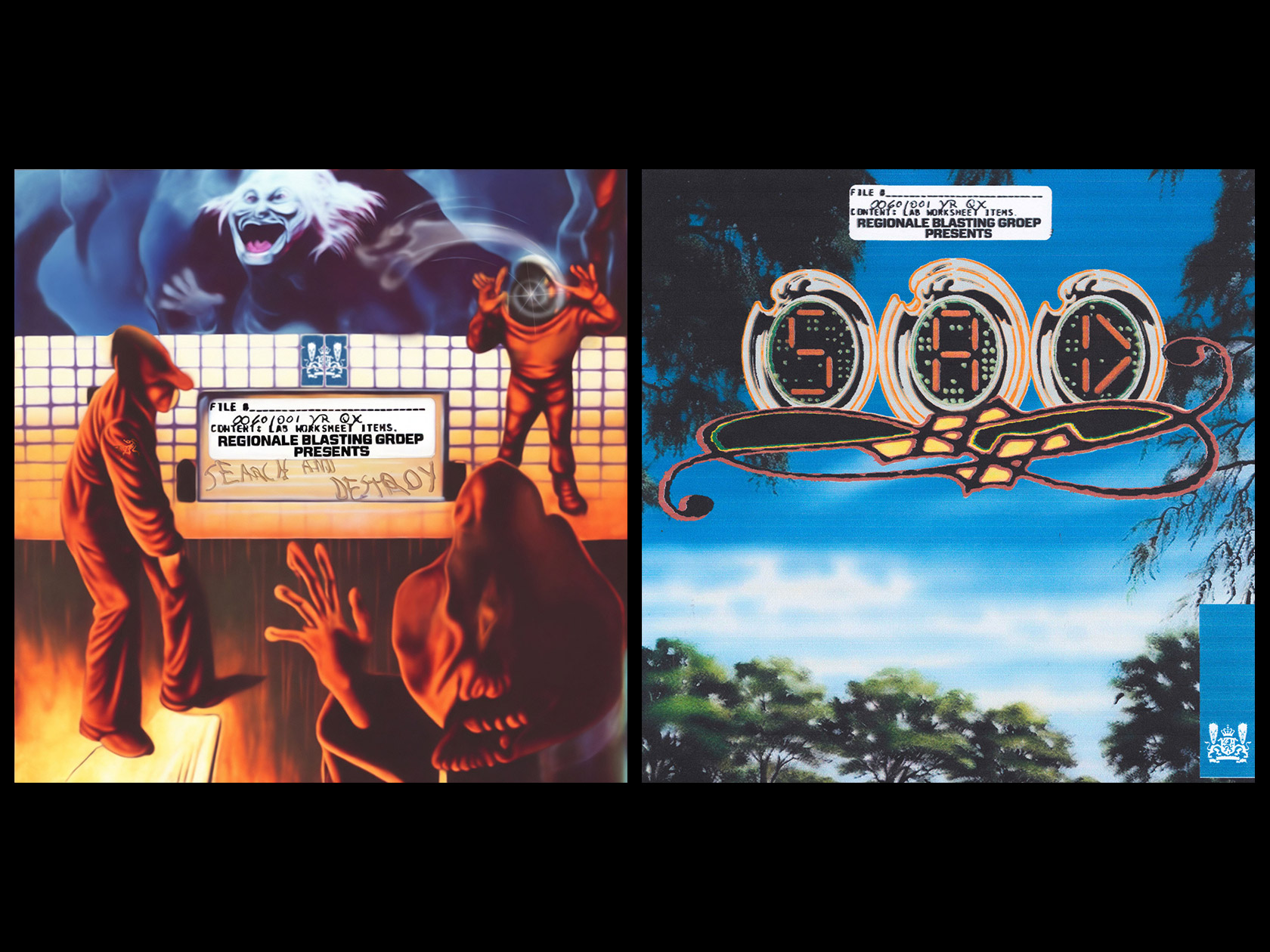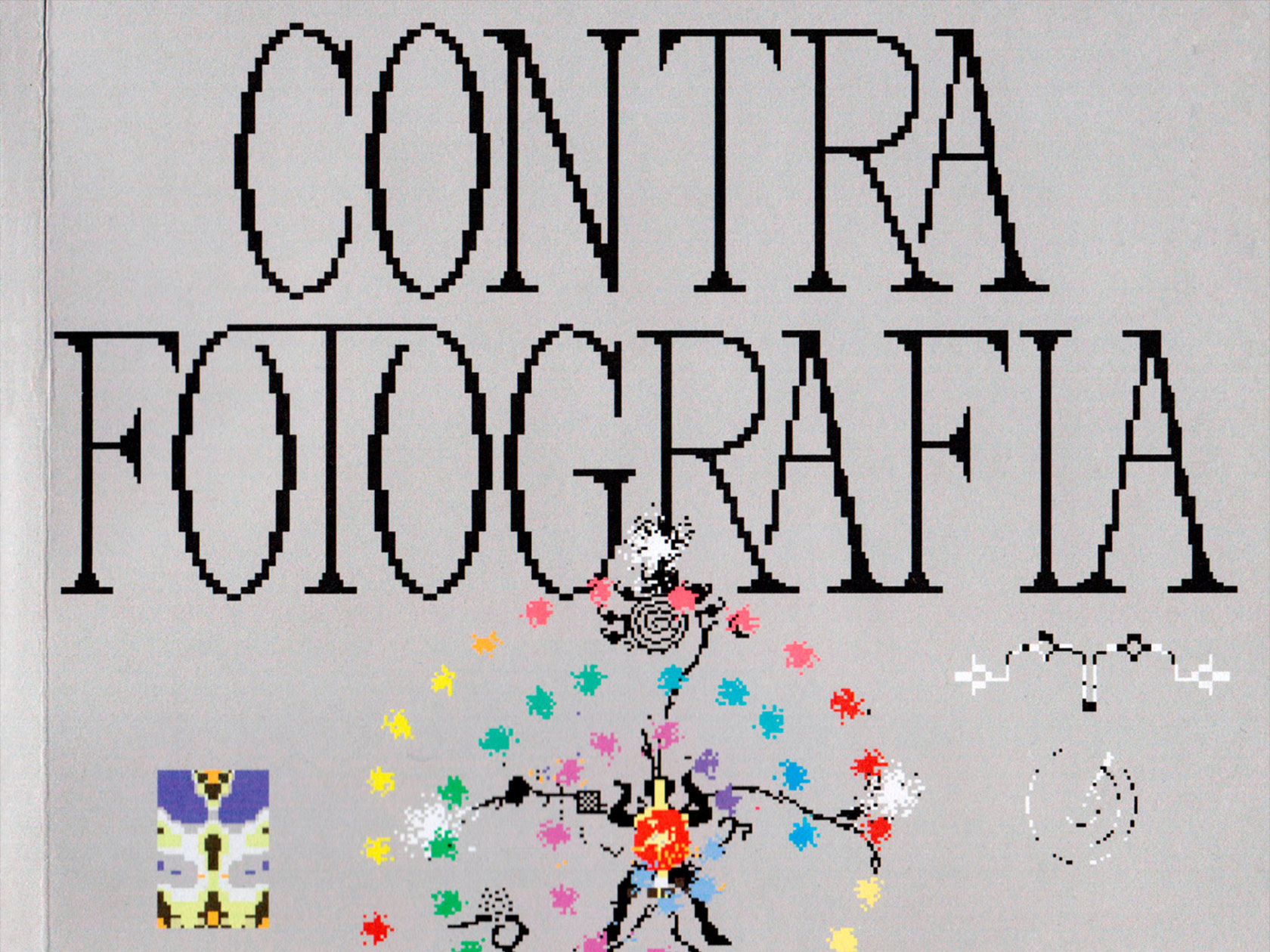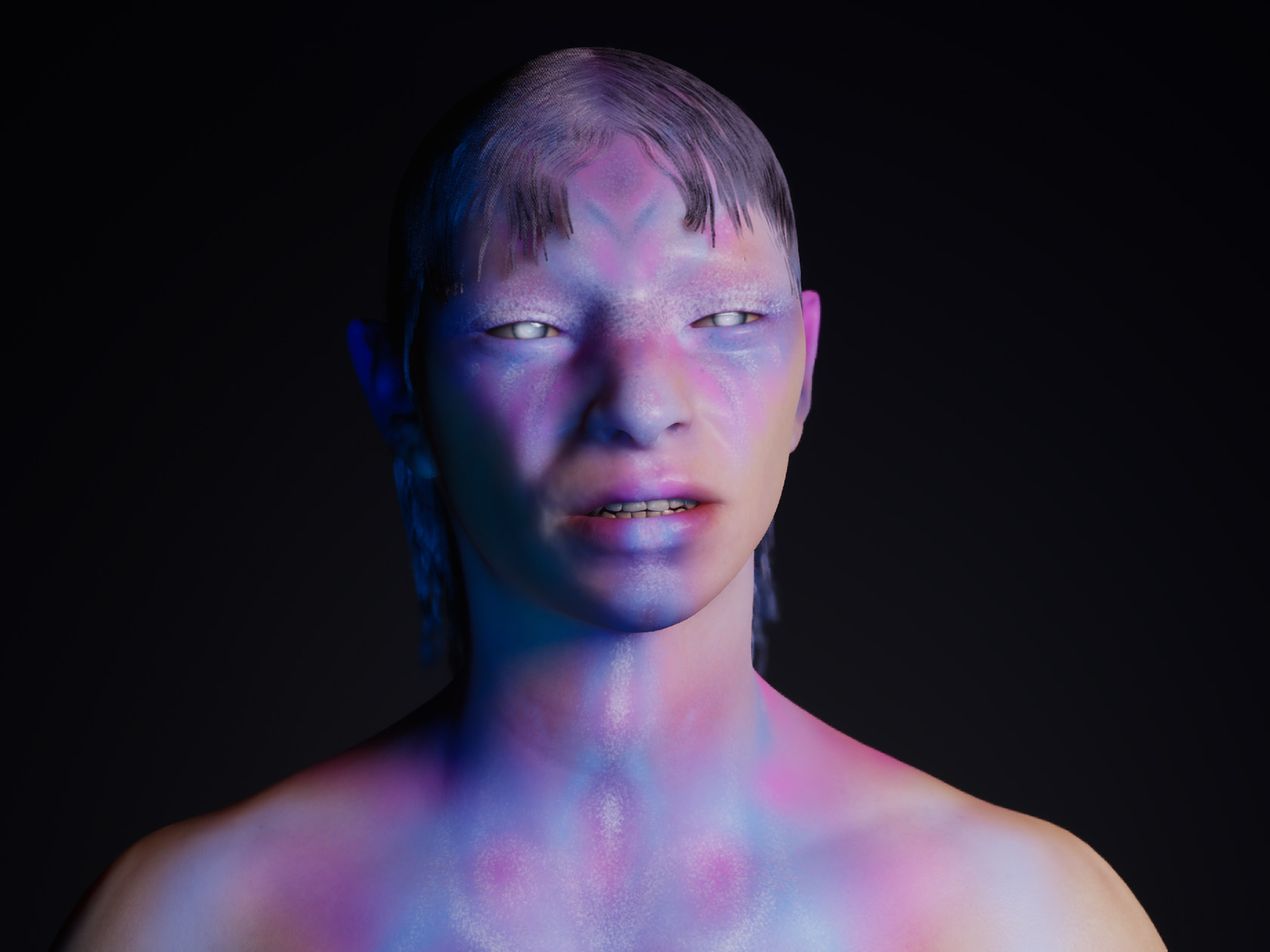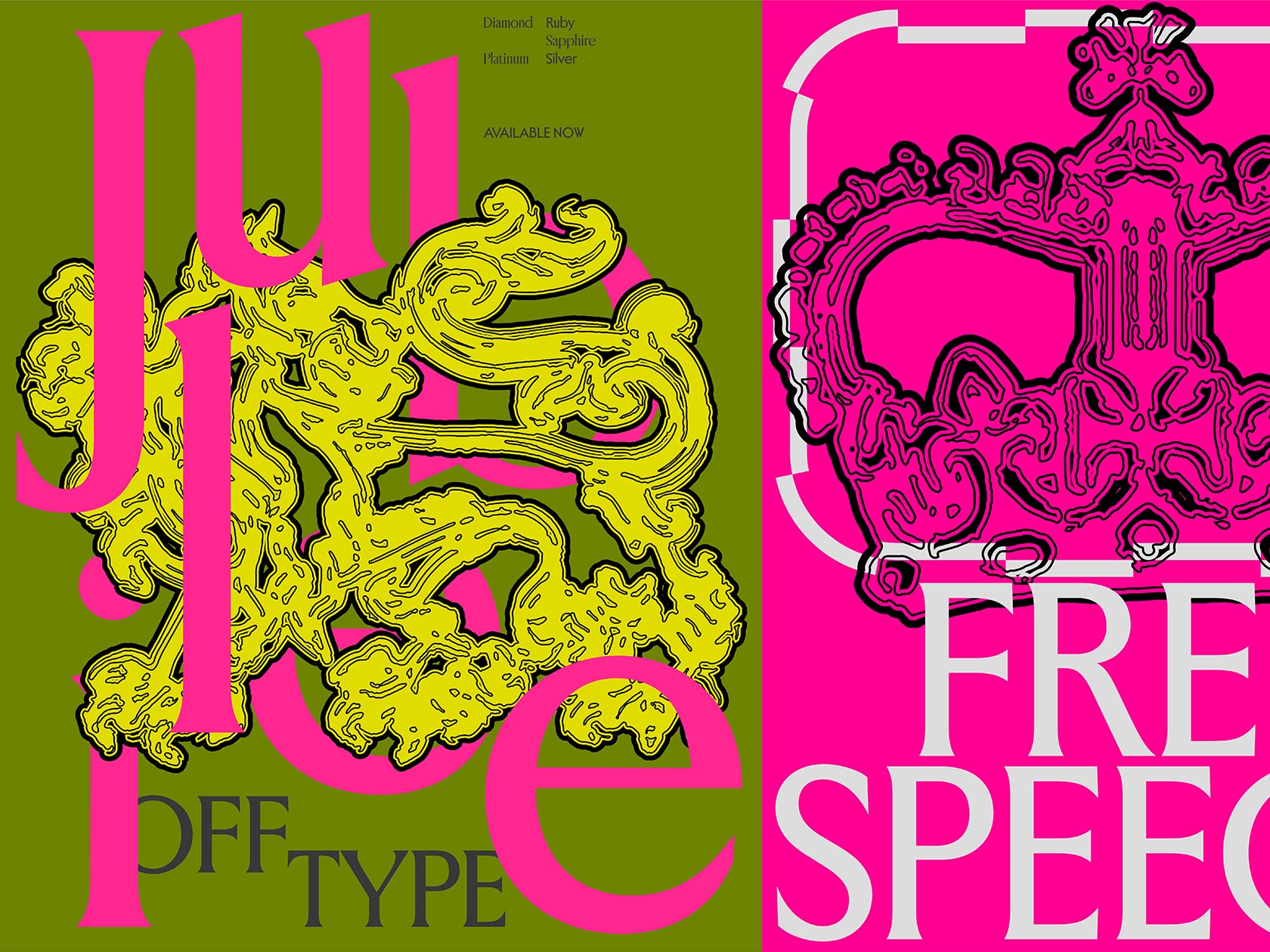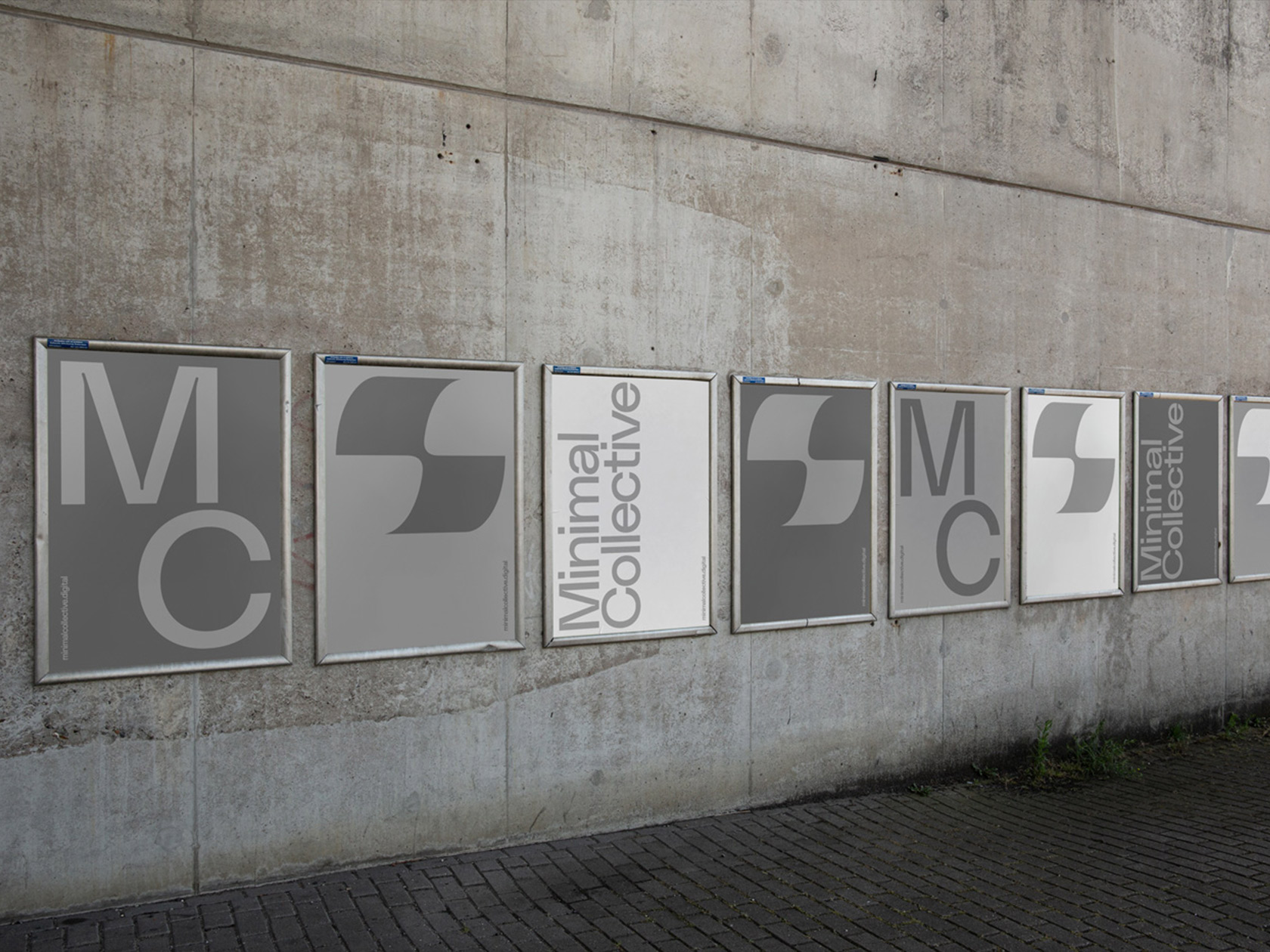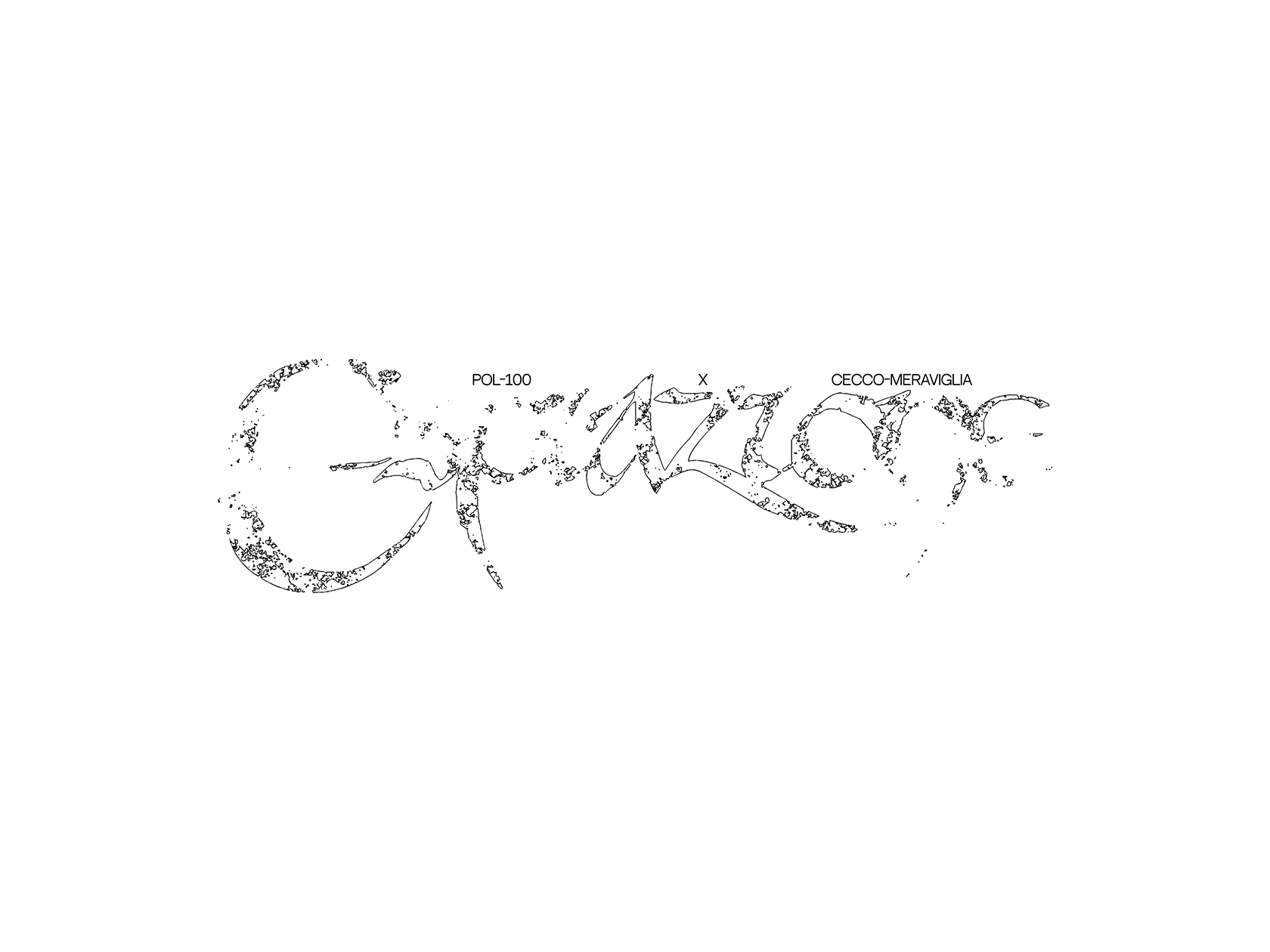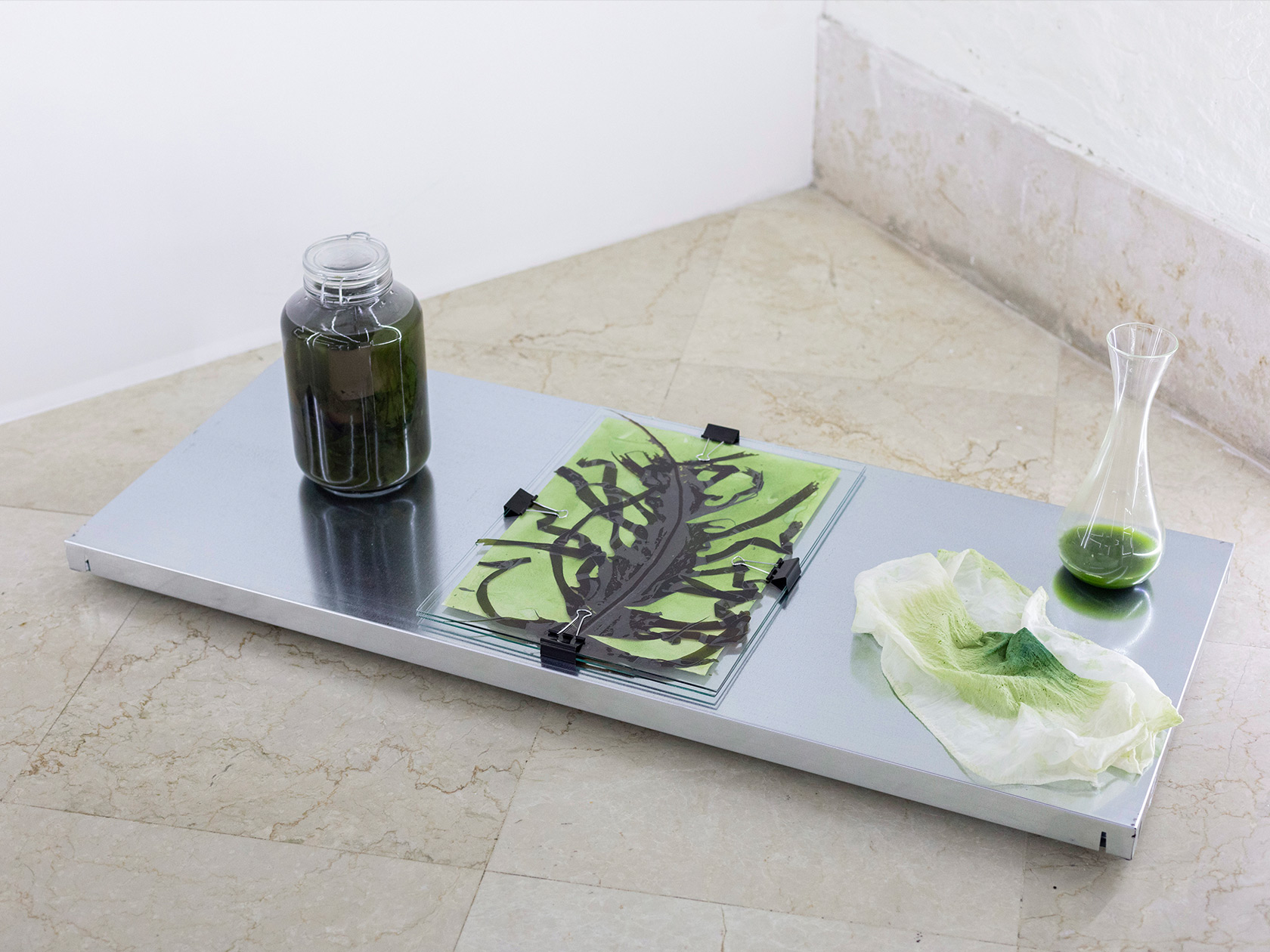“Our workflow varies from one project to another, since we always try to create customized solutions for our clients as much as possible”, Lucile Martin and Julien Pik tell C24, “We usually work as a duet, taking over the artistic direction and the creative process, before we split tasks and work separately.” Both designers have worked in the industry for several years at different studios and companies, before they founded their Brussels based studio Alliage. Predominantly working for the cultural sector, the studio has produced distinctive work for a range of different clients, like the music festival schiev, Ace & Tate, Alex Ayed and many more.
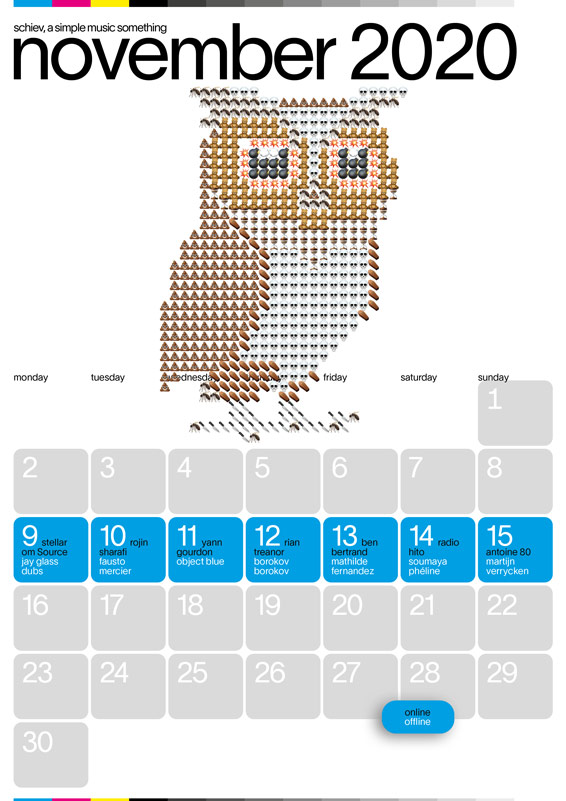
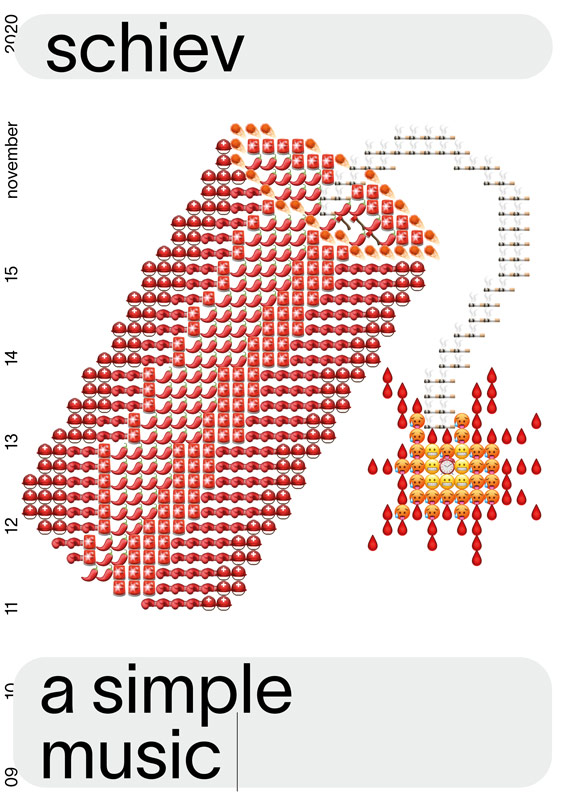
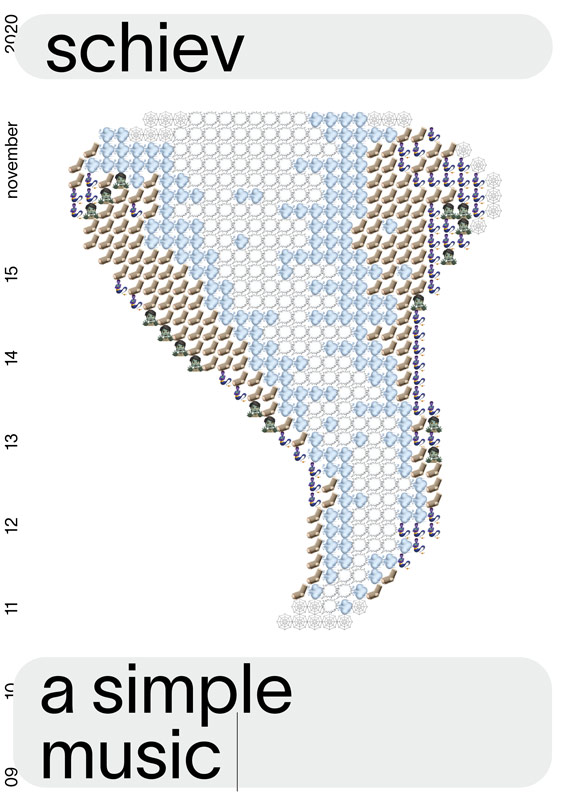
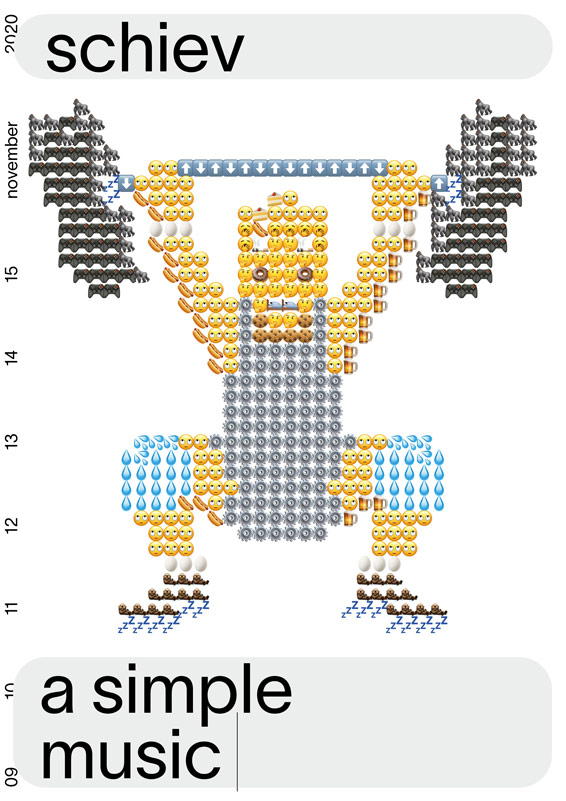
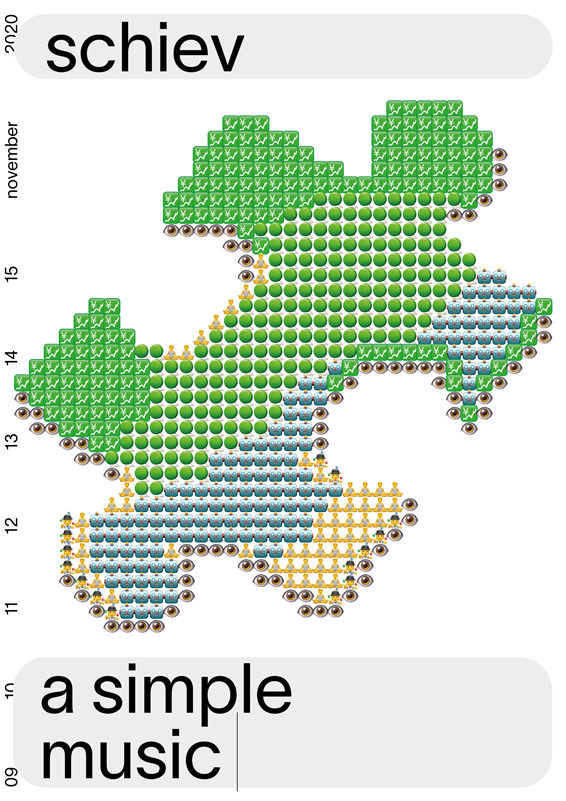
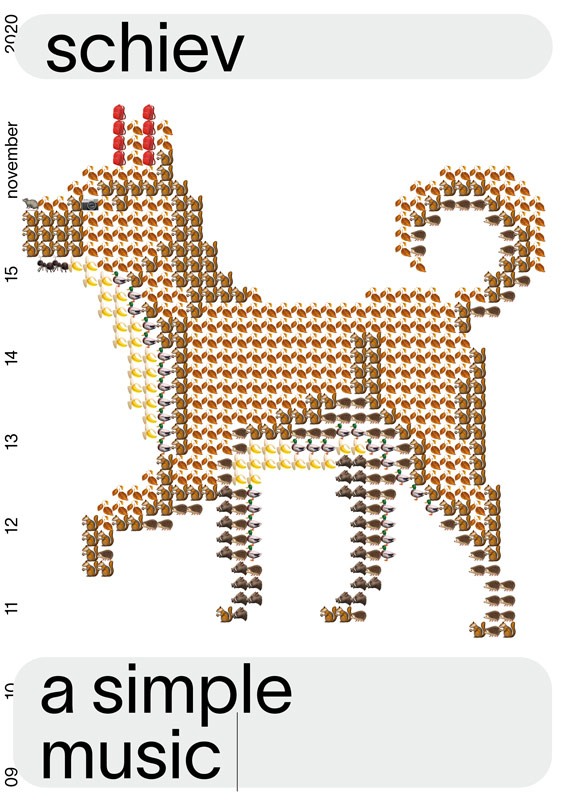
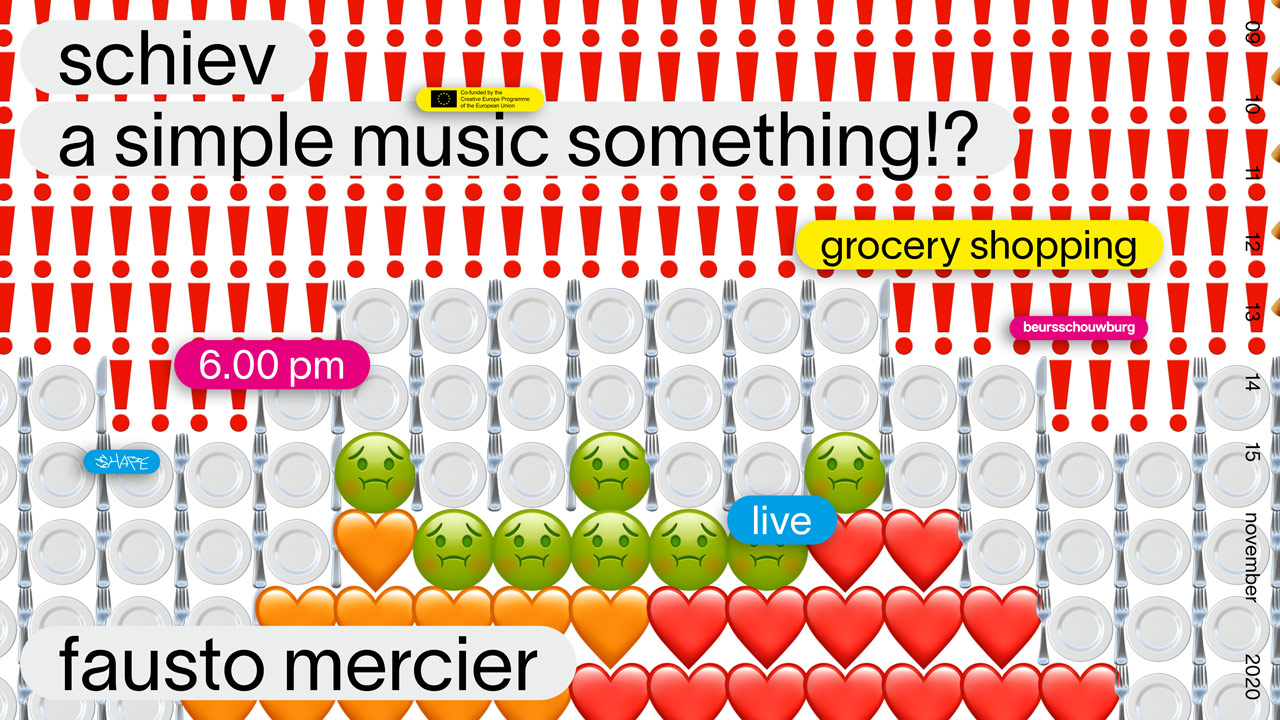
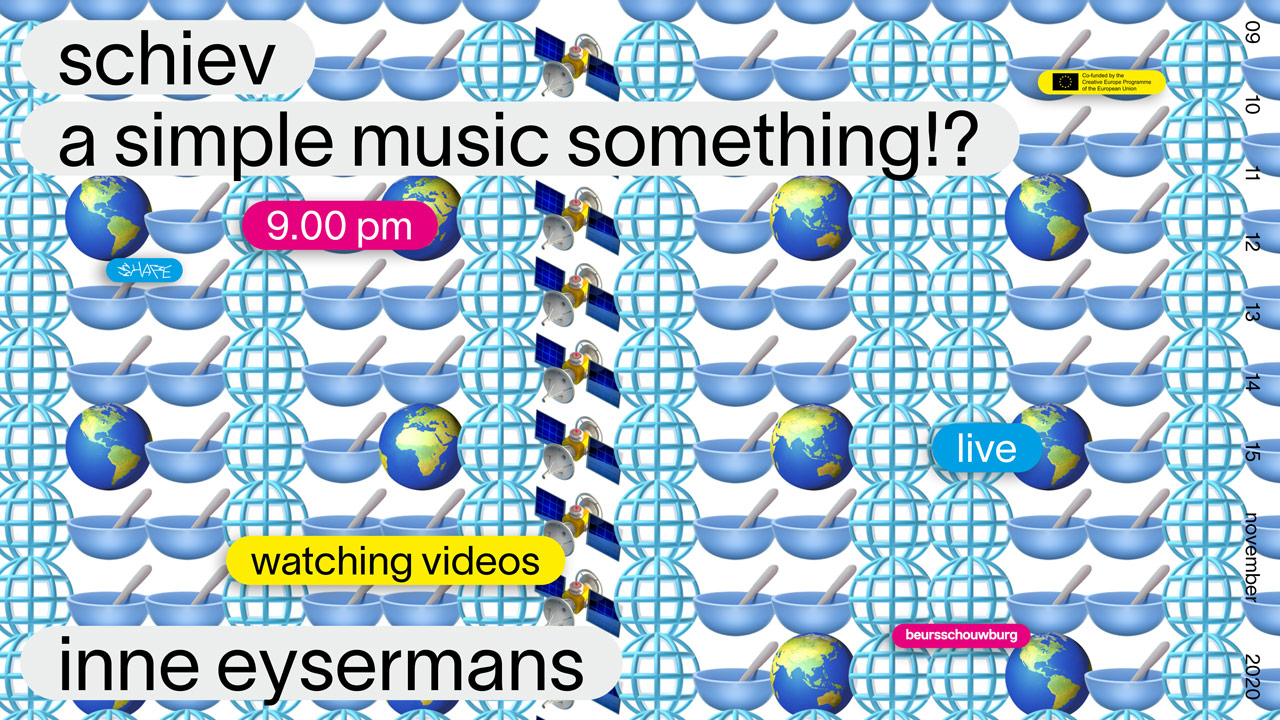
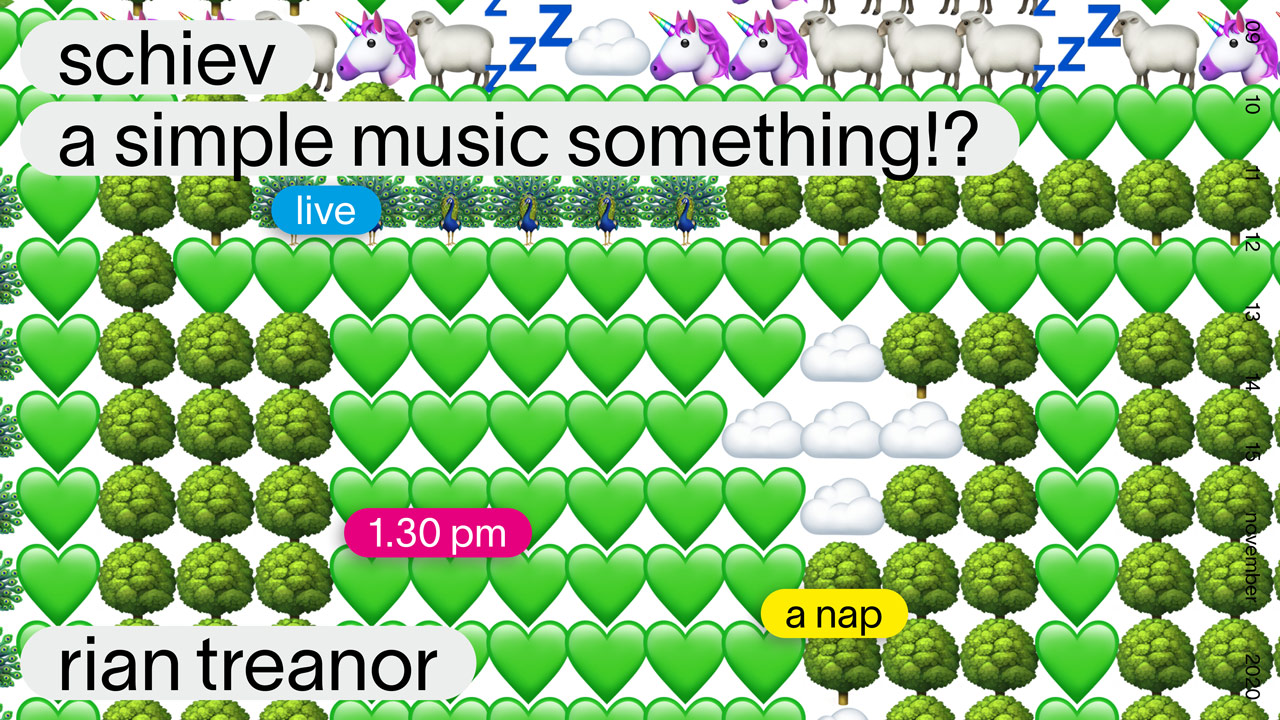
“For most designers, working in the cultural field is usually what we dream of. However, we don’t look for it at all cost and we really love working on any kind of project, may it be commercial or cultural”, Lucile and Julien state. At the beginning, the duo started out by creating posters and flyers for events in Brussels, helping out friends that worked in the music and nightlife scene of Brussels. “The cultural sector has, like anything, positive and negative sides. The client usually has a better understanding of – if we may say – ‘artistic’ design, rather than seeing it as a pure communication and marketing tool for commercial projects. On the other hand, it’s not the easiest path to pursue a career in the cultural field, due to high competition and lower pay rates.”
The two designers met during their studies when Lucile took part in the Erasmus program at ERG Ecole de Recherche Graphique in Brussels. “It was outside in the cold Belgian weather, talking about the course during the break”, the duo remembers. After that, their paths crossed a few times, mostly at parties and music events, but it was only after their graduation when they first started working together. “We wanted to do a project together for a long time but didn’t get the chance to do so at the time”, Lucile and Julien explain. While Julien stayed in Brussels to work for a magazine and radio, Lucile took over the design and art direction of a Paris based fashion brand. When they finally got the opportunity to work for a low-key music festival in Brussels together, the duo gave it a go. “It was the perfect project to collaborate since our client gave us the carte blanche design-wise. It ended up being a very experimental and messy job but we had a lot of fun working together so we decided to keep it going.”
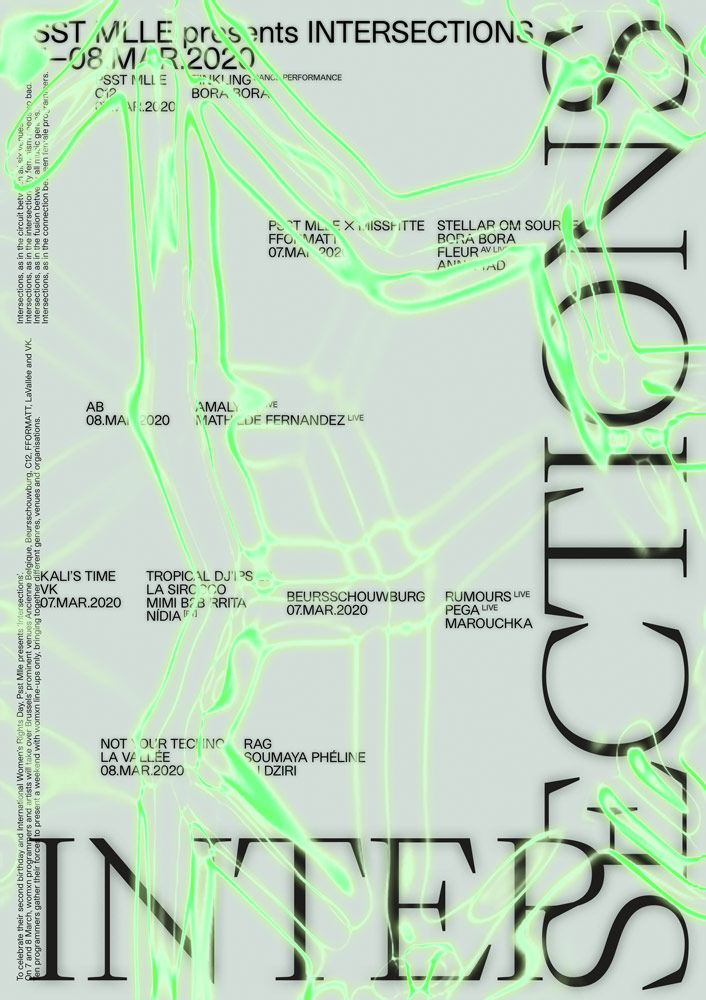
A few weeks later, Alliage was born, a collaboration between Lucile and Julien, focusing on art direction and graphic design. “We consider our studio as a collaboration. We come from different schools, from different personal and cultural backgrounds”, the two designers state, “Our designs are really the result of our two brains working together, it usually would have turned out differently if working on our own. This approach is truly important to us and something we cherish a lot.” Since two months, the duo shares their studio space with their friend and so called “design wizard” Loup Lopez with whom the two designers have already collaborated with.
Seeing their studio as a combination of their different skills, the duo is always keen to work in new disciplines and expand their knowledge. Julien is currently in the middle of a two years programming course, while Lucile is starting to learn more about 3D art and design. “Graphic design is a vast world with so many possibilities that it would be a shame not to explore. We still want to learn”, they tell us, “We are also interested in teaching and would love to do so together in the future. Studies are such an enriching moment, not just for the students, but also for the teacher who is in a constant state of research, curiosity and creativity.”
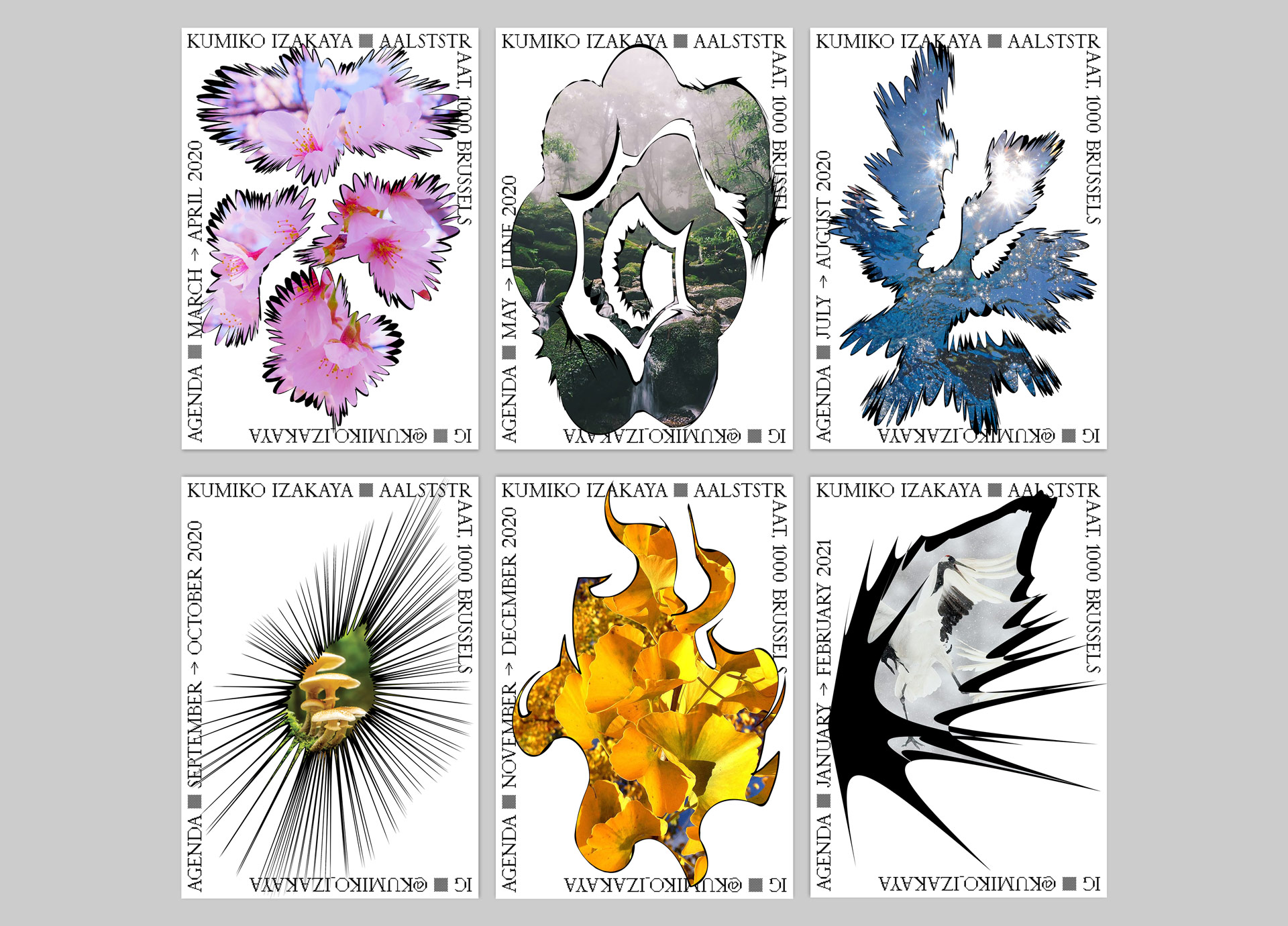
The duo has currently released their work for Kumiko, a restaurant and bar based in Brussels hosting various music events and concerts throughout the year. “Our goal was to produce a design that forges a link between their kitchen and dance floor”, Lucile and Julien explain. As a reference to the Japanese background of the restaurant, the duo came up with the idea to combine typical Japanese motives from every season with abstract, futuristic shapes and bold typography. “We often try to think of a playful and narrative design that can be used in a series of layouts. That way, we can increase interaction with the audience. For us, this was an important project because a that time we were tired of the visual complexity and abundance of some of our works. Kumiko was a good exercise to conceptualize simple and direct identities.”
It’s this playful and experimental approach the duo has adapted across all their recent projects, among them the identity for the CDCR Chengdu Community Radio. “For CDCR, we needed an identity system that was flexible and easily adaptable for our client, based on the fact that he needed to apply the design by himself”, Lucile and Julien explain. As a reference to the high amount of neon lights in big cities, the duo developed a system out of bold and colorful blocks, stacked next to or on top of each other. “Readability was very important although it might not be the first thing you think when looking at the poster. Despite the repetitive use of typography, it remains readable and recognizable.”
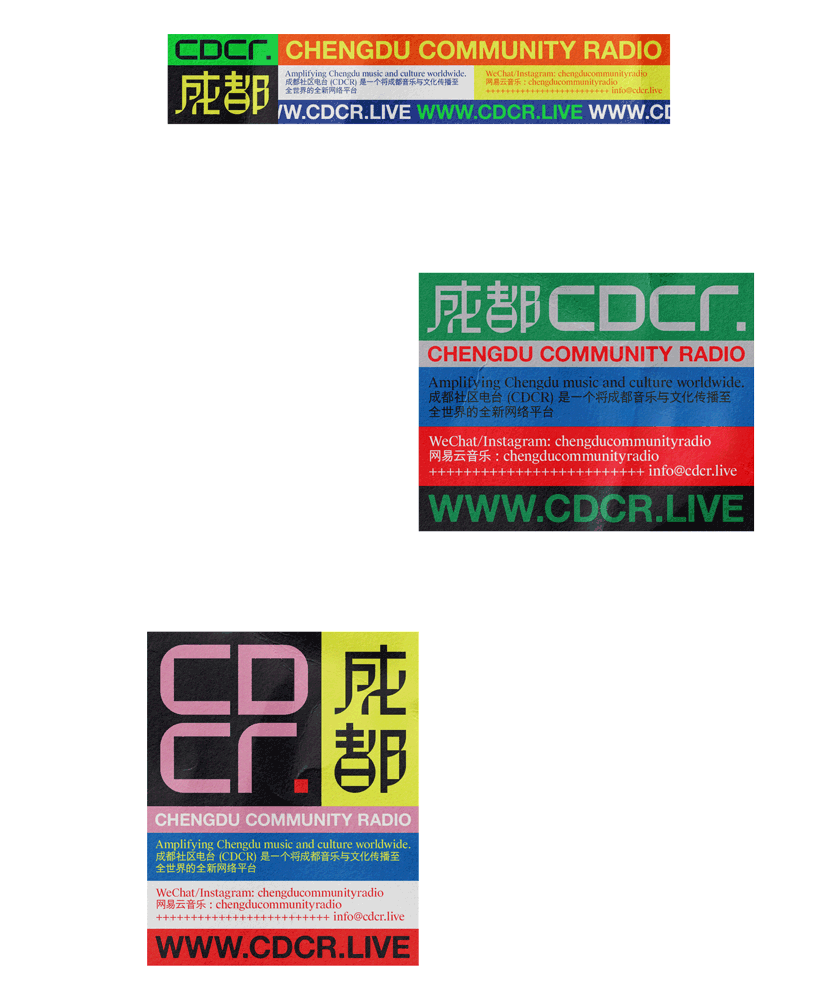
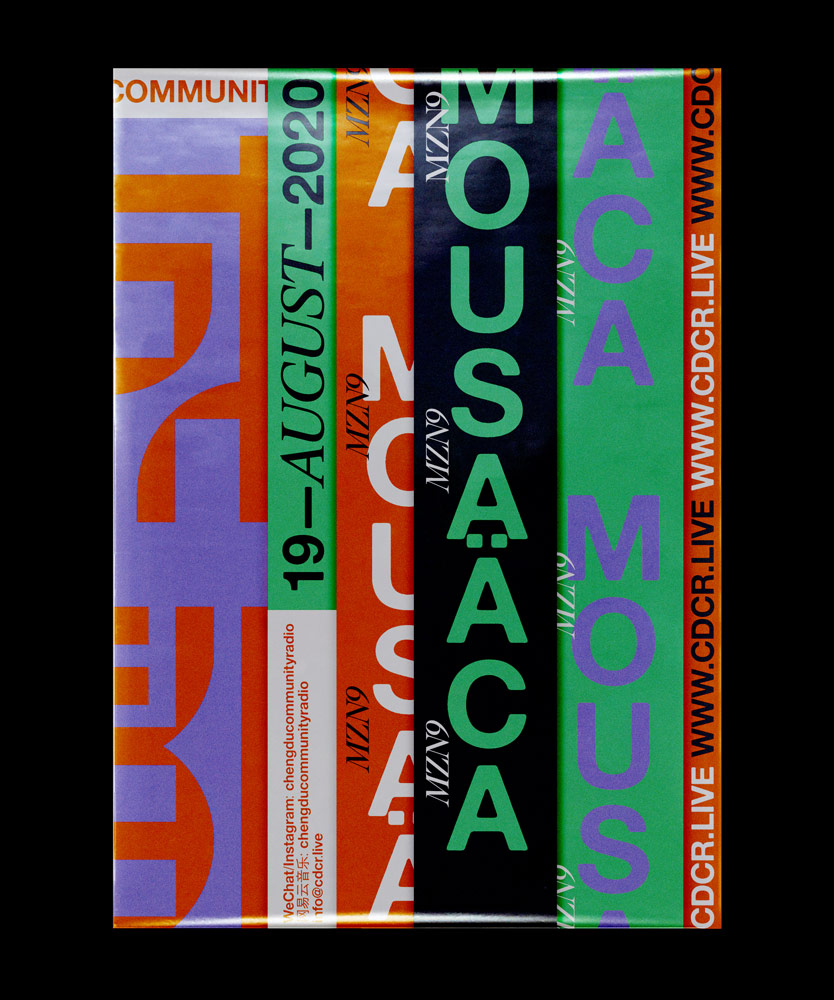
One of their favorite projects is a proposal for a festival in Laeken that – sadly – has not been selected in the end. The eclectic program of the festival, Des Blocs, combines the creation of workshops with local residents, renowned artists and emerging Brussels collectives. Visitors and participants can discuss social topics in the field of photography, theatre, cinema, music and more. “The neighborhood around the location of the festival is named La Cité Modèle. Its architecture is based on the ideology of Le Corbusier’s Cité Radieuse, a self-sufficient space inside a city”, Lucile and Julien explain, “Our design made use of the architectural plan of La Cité Modèle, by developing shapes and letters based on the plan and creating a variable and modular logo proposition. The idea was to produce a very organic identity that belongs to and include everyone. We also wanted to organize workshop where kids could be introduced to typography and modular type design.”


Like many people out there, Lucile and Julien have high hopes that 2021 will brings some positive changes for all of us – and little bit more skin contact. “We miss exhibitions and concerts. We need all this to live, not on the economical aspect but spiritually”, they state, “However, we remain enthusiastic and optimistic about this year, because we move our studio to a new place, sharing it with other people in a different area of Brussels. We have a lot of expectations for the studio place and hope to work on some collaborations in the future.”

